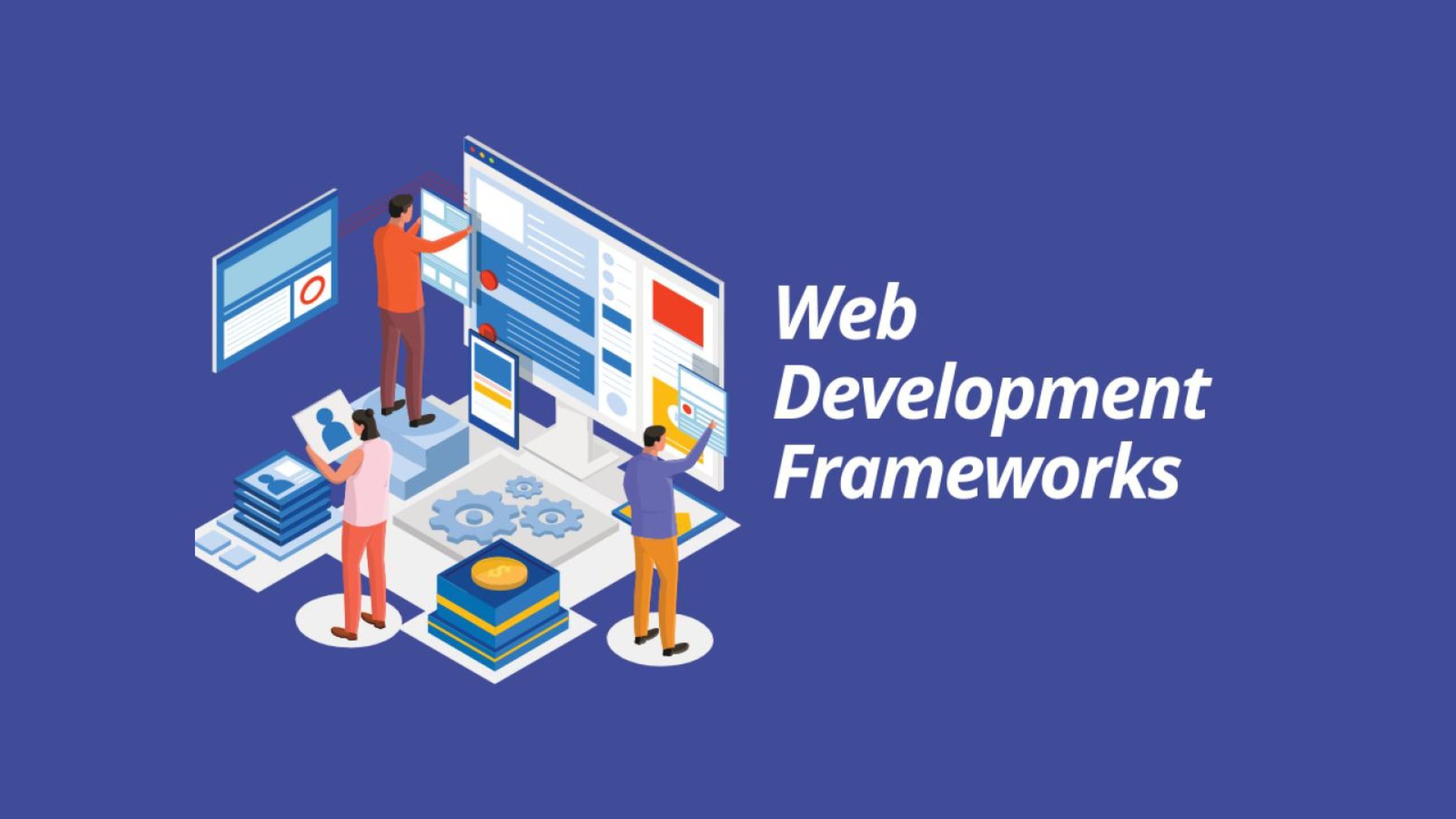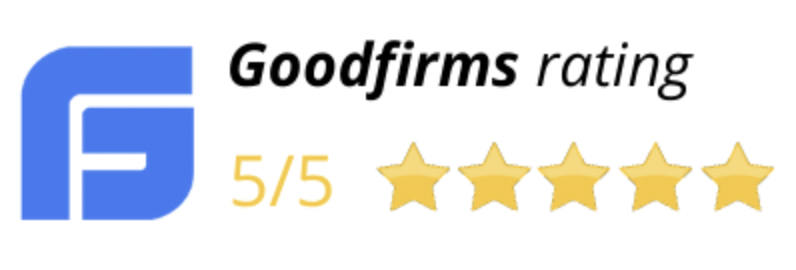In the present era of technology, the Internet is an indispensable part of our daily lives. With the growing prevalence of online businesses, web development has become a fundamental pillar of the industry. Developers use various frameworks to construct websites and web applications. Choosing the correct framework can greatly influence the success of your project. Here are some easy-to-follow tips to assist you in picking the ideal web development framework for your project.
1. What is a web development framework?
2. Why use a web development framework?
3. How to choose a web development framework?
4. Examples of popular web development frameworks
1. What is a web development framework?
In the realm of web development, a framework serves as an invaluable toolkit for developers engaged in crafting web applications. This toolkit comprises a meticulously organized set of tools, libraries, and rules, establishing a solid foundation for the systematic arrangement of code and the simplification of routine tasks. The primary aim of such a framework is to elevate efficiency and streamline the entire development process.
By incorporating pre-built components and adhering to a standardized structure, the framework seeks to minimize the complexities associated with developing web applications. This approach not only enhances efficiency but also contributes to the creation of web applications that are not only powerful but also easily scalable. In essence, a web development framework acts as a guiding force, empowering developers to navigate the intricate landscape of web application development with greater ease and effectiveness.
2. Why use a web development framework?
Employing a web development framework is not just a time-saver; it's a strategic move to enhance the overall quality of your web application. Instead of navigating the complexities of starting from scratch and addressing common issues solo, a framework lets you tap into existing solutions. It's like having a reliable set of blueprints to follow, based on proven methods and established rules in web development.
One significant perk is the support and documentation that comes from the framework's community. This collaborative environment provides a wealth of resources, making problem-solving and troubleshooting more efficient. Moreover, the framework offers a range of features and add-ons that can elevate the functionality of your application.
By leveraging these tools, you free up your focus to refine and emphasize what your application excels at, without getting bogged down in intricate technical details. In essence, using a web development framework not only simplifies the development process but also empowers you to create a more robust and efficient web application.
3. How to choose a web development framework?
Choosing the right web development framework isn't a one-size-fits-all kind of decision. Each framework comes with its own set of strengths and weaknesses, just like every project has its unique requirements. To figure out which framework suits your project best, you've got to consider a few things. First off, think about the programming language it uses – for example, Django is specifically designed for Python. Some frameworks are versatile and can handle various languages. Next up, check out the architecture – some are perfect for simpler projects, while others are geared towards more complex ones. Also, look at the learning curve – some are easy for beginners, while others might take a bit more time to get used to. Lastly, consider the community around the framework. Some have a big and lively community, while others are more specialized. It's all about finding the one that fits your project's needs like a glove.
4. Examples of popular web development frameworks
In the realm of web development frameworks, there are a handful of standout choices. Django, a robust full-stack framework tailored for Python, follows the MVC pattern. It brings a host of features such as ORM, an admin panel, authentication, security measures, testing tools, and support for RESTful APIs. While it's perfect for intricate projects like e-commerce, social media, and data analysis, keep in mind that Django does come with a steeper learning curve.
Laravel, a sleek PHP framework adhering to the MVC pattern, comes with features like ORM, routing, authentication, security, testing, and RESTful API support. Well-suited for complex endeavors like e-commerce, social media, and content management, Laravel strikes a balance with a moderate learning curve.
Ruby on Rails, a mature Ruby framework following the MVC pattern, shares similarities with both Django and Laravel. It offers features such as ORM, routing, authentication, security, testing, and RESTful API support. Though it's fitting for complex projects, it does present a steeper learning curve.
Express, a nimble and minimalist JavaScript framework crafted for use with Node.js, pairs well with various front-end frameworks like React, Angular, or Vue. It provides a straightforward and flexible approach to crafting web applications with minimal features. Express is particularly well-suited for simpler, small-scale projects such as blogs, portfolios, and chat apps. While it has a gentle learning curve, be aware that its documentation may be somewhat sparse, despite having a large community.
Flask, a lightweight and micro Python framework, aligns with various front-end frameworks, offering simplicity and flexibility for building web applications. Similar to Express, Flask is ideal for uncomplicated projects like blogs, portfolios, and chat apps. It features a gentle learning curve, though its documentation may be less extensive, benefitting from a robust community.
Finally, Sinatra, a straightforward and modular Ruby framework compatible with various front-end frameworks, shares similarities with Flask and Express. It's suitable for uncomplicated, small-scale projects, providing simplicity and flexibility. Sinatra features a gentle learning curve, but akin to Flask, its documentation may be relatively sparse, despite a supportive community.
Key Considerations in Choosing a Web Development Framework
Choosing the right web development framework is crucial for a successful project. Here are some key to keep in mind:
Project Requirements: Understand the specific needs of your project, such as scalability, features, and complexity. Different frameworks cater to different project types.
Programming Language: Consider the programming language the framework supports. Some frameworks are language-specific, like Django for Python, while others are more versatile.
Learning Curve: Assess the learning curve of the framework. Choose one that aligns with your team's skill level and the project timeline.
Community Support: Check the framework's community support. A vibrant community provides valuable resources, updates, and solutions to challenges.
Scalability: Evaluate the framework's scalability to ensure it can grow with your project's requirements over time.
Compatibility: Verify compatibility with other tools and technologies in your stack to ensure seamless integration.
Documentation: Look for well-documented frameworks. Clear documentation is essential for efficient development and issue resolution.
Security Features: Prioritize frameworks with robust security features to protect your web application from potential vulnerabilities.
For more information, contact us now!




Comments (0)